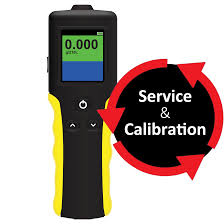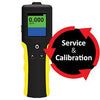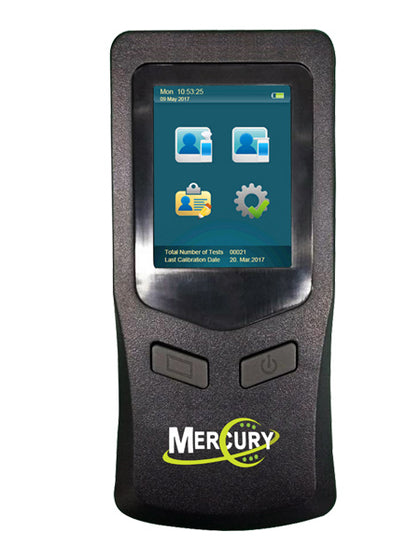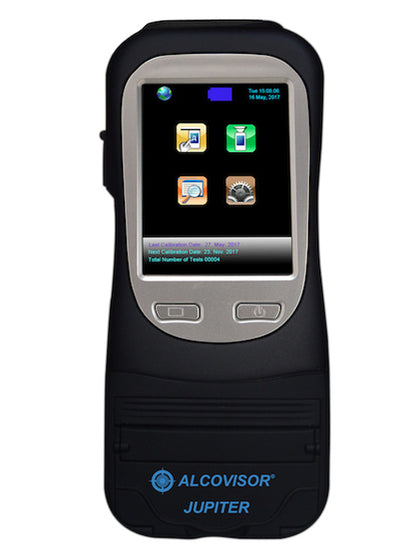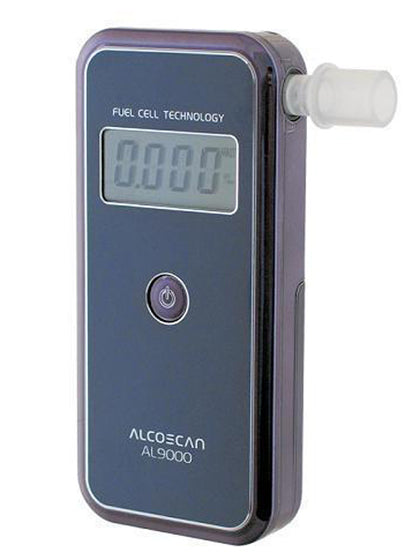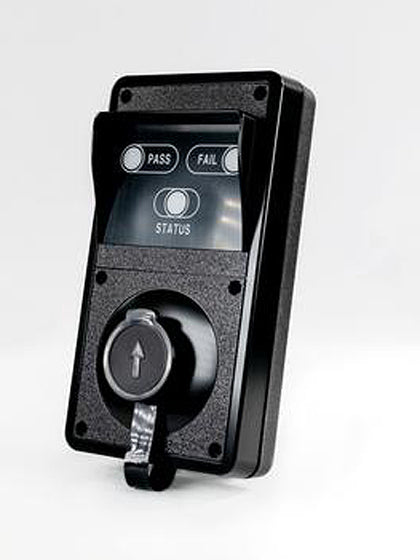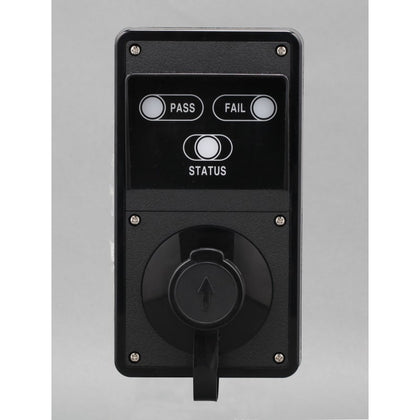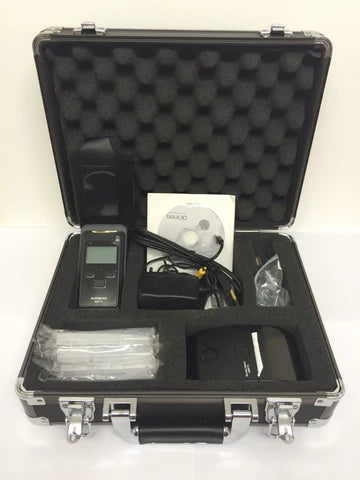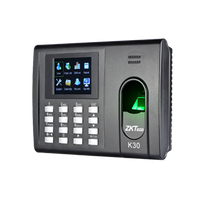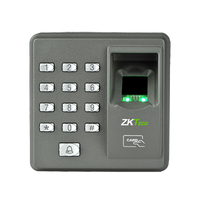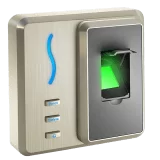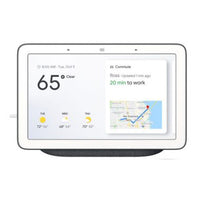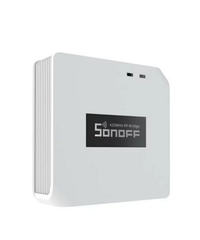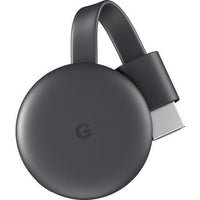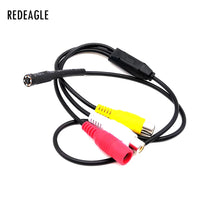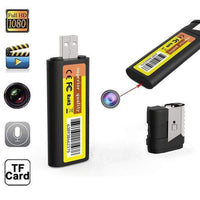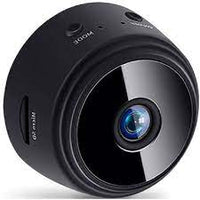Alcohol Breathalyser Calibration: 6 / 12 Months
Regular calibration of alcohol breathalysers is essential to maintain their accuracy and reliability. The recommended calibration intervals vary depending on the type of breathalyser and its usage:
Calibration Intervals:
-
Personal Breathalysers:
- Calibration is typically recommended every 6 to 12 months, depending on usage frequency and manufacturer guidelines.
-
Workplace and Industrial Breathalysers:
- For devices used in workplace settings, calibration is generally advised every 6 months to ensure compliance with safety standards.
-
Law Enforcement Breathalysers:
- These devices often require calibration every 6 months, regardless of usage frequency, to adhere to legal and regulatory standards.
Key Benefits of Regular Calibration:
-
Maintains Accuracy:
- Ensures that breathalyser readings remain precise, providing reliable results.
-
Compliance with Standards:
- Adheres to industry and legal requirements, particularly in professional and law enforcement settings.
-
Prolongs Device Lifespan:
- Regular maintenance helps extend the operational life of the breathalyser.
Calibration Services:
Professional calibration services are available to support the maintenance of your breathalyser:
-
Comprehensive Calibration:
- Includes thorough testing and adjustment to ensure device accuracy.
-
Certification:
- Provision of a calibration certificate upon completion, verifying the device's accuracy and compliance.
-
Timely Reminders:
- Optional reminders for upcoming calibration due dates to ensure ongoing compliance.
By adhering to these calibration schedules and utilizing professional services, you can ensure that your breathalyser provides accurate and reliable results, maintaining safety and compliance in all applications.
Alcohol Breathalyser Calibration: 6 / 12 Months
Regular calibration of alcohol breathalysers is essential to maintain their accuracy and reliability. The recommended calibration intervals vary depending on the type of breathalyser and its usage:
Calibration Intervals:
-
Personal Breathalysers:
- Calibration is typically recommended every 6 to 12 months, depending on usage frequency and manufacturer guidelines. azom.com
-
Workplace and Industrial Breathalysers:
- For devices used in workplace settings, calibration is generally advised every 6 months to ensure compliance with safety standards. alcodigital.co.uk
-
Law Enforcement Breathalysers:
- These devices often require calibration every 6 months, regardless of usage frequency, to adhere to legal and regulatory standards. lhtmedicalsupplies.co.za
Key Benefits of Regular Calibration:
-
Maintains Accuracy:
- Ensures that breathalyser readings remain precise, providing reliable results.
-
Compliance with Standards:
- Adheres to industry and legal requirements, particularly in professional and law enforcement settings.
-
Prolongs Device Lifespan:
- Regular maintenance helps extend the operational life of the breathalyser.
Calibration Services:
Professional calibration services are available to support the maintenance of your breathalyser:
-
Comprehensive Calibration:
- Includes thorough testing and adjustment to ensure device accuracy.
-
Certification:
- Provision of a calibration certificate upon completion, verifying the device's accuracy and compliance.
-
Timely Reminders:
- Optional reminders for upcoming calibration due dates to ensure ongoing compliance.
By adhering to these calibration schedules and utilizing professional services, you can ensure that your breathalyser provides accurate and reliable results, maintaining safety and compliance in all applications.
